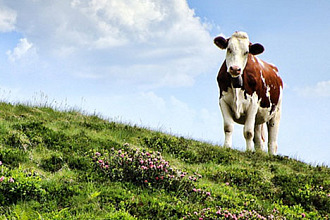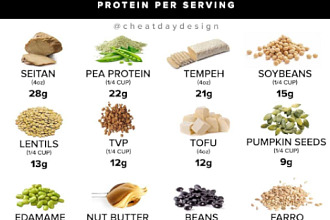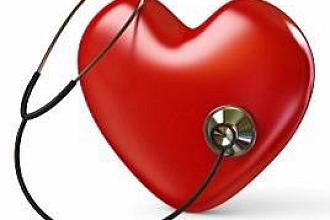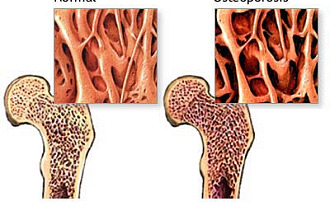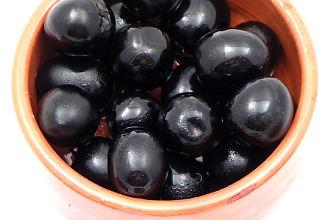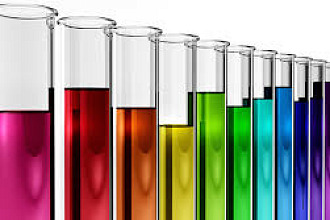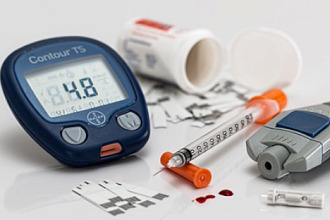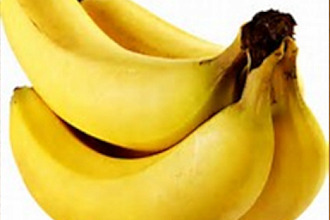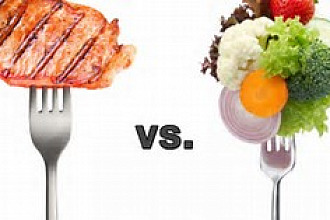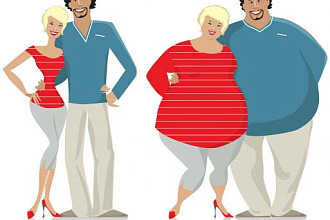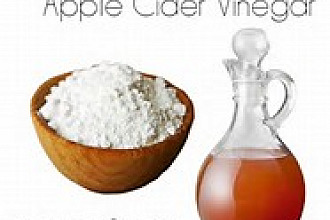In 2014, the average American soda drinker will consume 44.5 gallons of carbonated beverages. Twenty percent of those sodas will be artificially sweetened, so that the average American will consume 35.5 gallons of high fructose/sugar-sweetened soda.
In 1970, the average American consumed 29.9 gallons of sugar-sweetened soda. After cyclamate, soda sweeteners were banned in 1969, so few people drank diet soda in 1970.
In 1970, the average American consumed 10 pounds of growth-hormone-saturated cheese. In 2014, the average American will consume 33 pounds of IGF-1 hormone-rich cheese.
* * * *
Why is it that the nutritionists have no ability to re-visit the foods people were consuming in 1970 when there was no obesity epidemic?
Why is it that in just forty years, there has been one major change in the American diet, and the dieticians were not required to take arithmetic as part of their training in order to add the number one to a second number one and come up with the resulting number two?
"Overweight children are usually the victims of the dietary habits of the adult members of the family...Reducing dietary fat to levels necessary to the control of cholesterol cannot be achieved if a child drinks whole milk or eats cheese."
- Charles Attwood, M.D.
In 2014, they blame it on soda, so soda machines are removed from schools and politicians enact legislation to tax soda drinks. One finds so many conflicts of interest with USDA employees holding seats of power. These decision makers have strong ties to the dairy industry, but similar relations with soda manufacturers are rare. See:
<http://www.notmilk.com/usdatest.html>
Today we demonstrate that although soda may be a part of the overall obesity problem seen over the past 44 years, the major factor is increased cheese consumption.
The differences in soda and cheese consumption during the period of time from 1970 through 2014 are obtainable from USDA food consumption publications.
In 1970, the per capita consumption of soda in America was 29.9 gallons. In 2014, that number has increased to 37.7 gallons.
In 1970, the per capita consumption of cheese was 10 pounds. By 2014, that number had increased to 33 pounds.
The human body does not care where it gets its fuel. Sugar, fat, protein, carbs...it's all fuel to be converted into energy. Extra fuel is stored as fat.
One pound of American cheese contains 1,490 calories. One gallon of cola contains 1,592 calories. In 1970, when I was in college and most people were slim, the average American consumed 14,920 calories from cheese and 45,986 calories from soda.
In 2014, the average American will consume 49,236 calories from cheese and 56,516 calories from soda.
That adds up to 7,280 additional calories from soda, which represents a two-pound annual weight gain.
That adds up to 34,316 additional calories from cheese, which represents a ten pound annual weight gain.
In July of 2000, the Journal of the Archives of Disease in Childhood reported:
"From 1965 to 1996, a considerable shift in the adolescent diet occurred...increases occurred in the consumption of higher fat potatoes and mixed dishes (pizza, macaroni cheese)...These trends, far greater than for US adults, may compromise health of the future US population."
Since there are 365 days in a year, and 3,500 calories in a pound, during the 4 years of high school, a teenager would gain 8 additional pounds from his or her soda consumption and 40 additional pounds from his or her increased cheese consumption.
Oh, yes...one major difference between the two commodities that I have not yet considered in the obesity argument, but do so now. Soda does not contain powerful growth hormones. Growth hormones instruct cells to grow. Combine the large amount of calories found in cheese with saturated animal fat and cholesterol and an abundance of naturally occurring concentrated growth hormones, and the body does what it is instructed to do. Grow!
Place the blame for obesity where it rightfully belongs. Cheeseheadism is what causes obesity. Dairy marketing geniuses have been deceiving Americans, but the real numbers lack the capability to lie.
Originally found here
Picture originally found here








